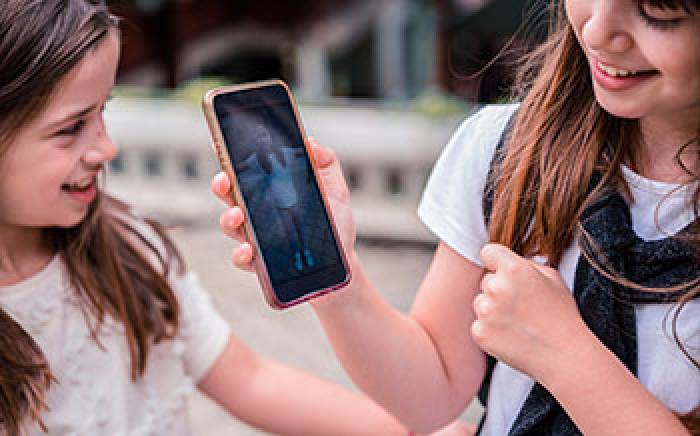What’s normal and what’s not with your child’s anxiety?
Even if your child has never been prone to anxiety, it’s been a weird year. That could make going back to school a lot harder this fall whether in-person or virtually, says Suzanne Thompson, PhD, a child psychologist at St. Louis Children’s Hospital.
“Kids have gotten used to less structure for many months,” Dr. Thompson says. “The good news is that most kids will be resilient to this, just concerned about feeling shy or what teacher they’re going to have. But some kids will show anxiety reactions beyond that, and that’s where we want to be on the lookout.”
Dr. Thompson says helping kids adjust to their new routine before school starts—getting back on a sleep schedule, visiting the school if available or testing out the online learning technology and communicating with classmates—can help many kids get past their anxiety. Exercise can also often help kids de-stress.
One major warning sign kids and teenagers might need stronger intervention is continued avoidance of activities the child used to enjoy.
“One of the red flag concerns would be how intense their reactions are over time,” Dr. Thompson says. “How much are they saying they just don’t feel like it? Is your child looking for ways to avoid a challenging situation, potentially with physical reactions like stomach aches or headaches? That’s what you want to look out for.”
Keeping on top of Vaccines
If your child’s only source of anxiety is back-to-school shots, that’s no reason to skip the vaccines, especially this year.
“The number of kids who are getting their vaccines as scheduled are dropping, and this actually puts children at risk for serious illnesses, such as measles, whooping cough and meningitis,” says Kristine Williams, MD, a pediatrician at University Pediatric Associates. “As communities open up again and kids start to circulate in the community, that could expose them to somebody with one of these vaccine-preventable diseases.”
Dr. Williams also says all kids over 6 months (and their parents) need to get a flu shot. Missouri had almost 70,000 flu cases and more than 100 deaths from influenza alone during the 2019–2020 flu season. Additionally, almost 2,000 deaths were associated with influenza and pneumonia during that same time period.
“It’s important to know the flu is a huge risk for serious illness and death in both the pediatric and older adult age group,” Dr. Williams says. “The flu vaccine has been proven to give kids and teens a much lower hospitalization and death rate.”
Visit StLouisChildrens.org/Vaccination for an updated immunization schedule. If you’re concerned about the mental health of your tween or teenager, the St. Louis Children’s Hospital Teen Helpline for parents is here to help. Call 314.454.TEEN Monday through Friday, from 9 a.m. to 4 p.m., for assistance and resources.




